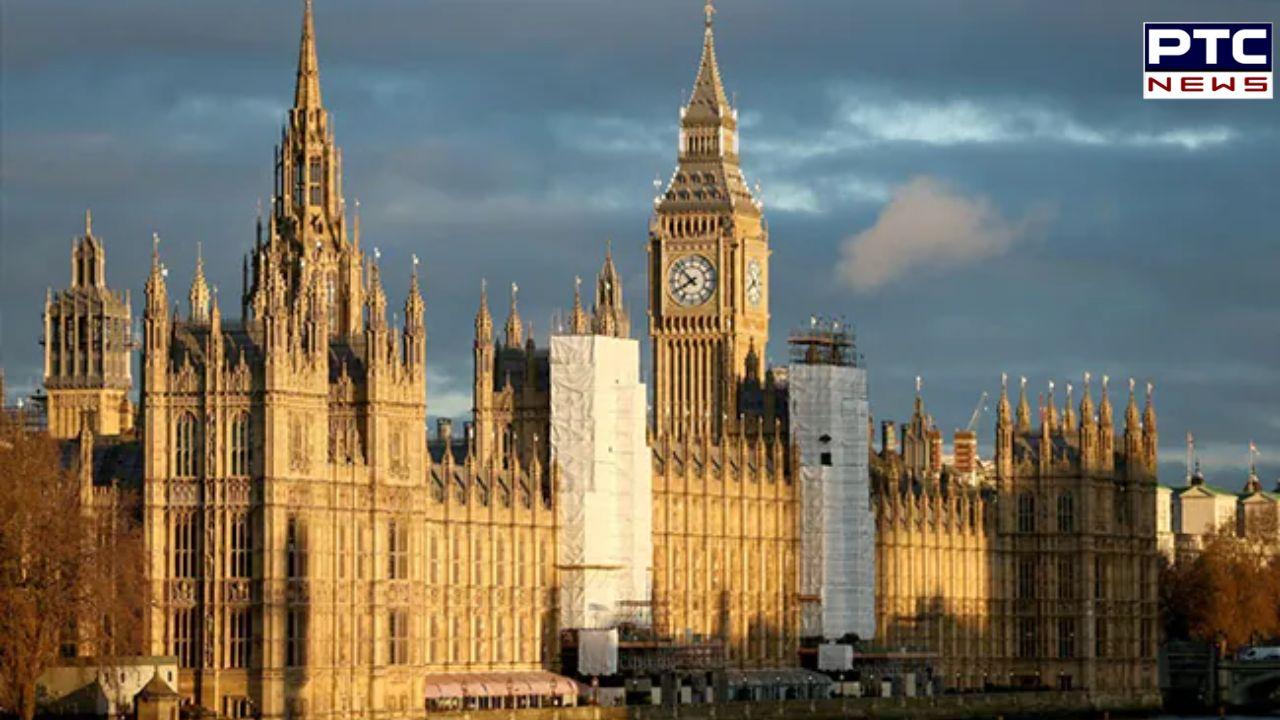


PTC News Desk: At the heart of the UK Parliament complex in London, the soulful melodies of Gurbani and messages of unity resonated during a groundbreaking Baisakhi celebration this week.
Hosted by the British Indian think-tank 1928 Institute, alongside diaspora membership organizations City Sikhs and the British Punjabi Welfare Association (BPWA), the event convened a diverse gathering of professionals, community leaders, and philanthropists at the Commonwealth Parliamentary Association Room on Monday evening. Its aim: to shine a spotlight on the enduring ties between the UK and India, as well as the invaluable contributions of the Sikh community to British society.
Leading the ceremony was Jasvir Singh, Chair of City Sikhs, orchestrating a program that featured stirring speeches and devotional hymns performed by the Anahad Kirtan Society.
“Baisakhi commemorates the birth of the Khalsa by Guru Gobind Singh in 1699, symbolizing the dawn of a new era marked by equality and the eradication of social hierarchies, ego, and fear,” remarked Kiran Kaur Manku, co-chair of the 1928 Institute. She emphasized the significance of the day, also known as Prakash, which honors the birth of Guru Teg Bahadur, the ninth Sikh Guru renowned for his unwavering defense of human rights. “Guru Teg Bahadur, the ‘Shield of India,’ epitomized selflessness, sacrificing his life to uphold the rights of all,” she added, underscoring the enduring values that form the bedrock of Sikh identity.
In attendance were cross-party parliamentarians, including British Sikh Labour MP Tanmanjeet Singh Dhesi and Labour’s shadow minister for Asia and the Pacific, Catherine West. Their presence underscored the bipartisan support for the event, with Baroness Sandy Verma and South Asia Minister Lord Tariq Ahmad also endorsing the celebration, which is poised to become a fixture in the parliamentary calendar.
Reflecting on the legacy of Guru Gobind Singh, Param Singh, Co-Chair of City Sikhs, highlighted the visionary leader’s gift to humanity: a community founded on principles of equality, where gender parity reigns supreme, and the protection of all members of society is paramount. “The values of the Khalsa,” he asserted, “continue to inspire Sikhs worldwide, guiding their actions and shaping their contributions to society.”
– With inputs from agencies